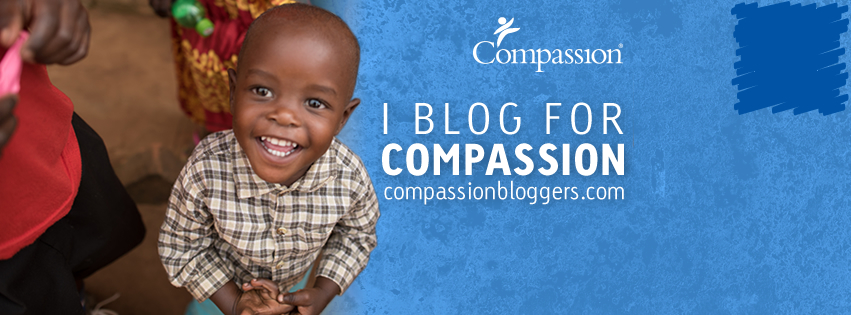Recently, I preached a sermon on James 3, which starts out talking about the power of the tongue.James is considered the Wisdom literature of the New Testament (think Proverbs in the Old Testament). While it’s considered the least theological book in the New Testament (second only to Philemon), it’s also one of the most practical and pastoral letters.
The first 2/3 of chapter 3 is about the power of our words (what James refers to as “the tongue”). For one example, James likens it to a spark that starts a forest fire. In September 2020, a simple smoke device gone wrong at a gender reveal party ended up: burning 22,000 acres of forest; burned for 23 days; caused 21,000 people to evacuate; and causing the death of 1 firefighter. Sparks can be the catalyst for tremendous damage. So does the tongue.
James was one of the pillars of the Jerusalem church (Galatians 2:9). As such, he undoubtedly, with his background of being Jesus’ brother (Galatians 1:19) and being such an experienced church leader, encountered many times both the destructive and life-giving power of words. James wasn’t being cliche; he was serious in describing the power of our words.
I’m a firm believer in free speech, and I know that free speech ends up causing trouble many times. Liberty in an area requires an accompanying amount of wisdom in handling that liberty. Here are some other verses that we can read and take seriously when it comes to word operations:
- Proverbs 11:9 – “Evil words destroy one’s friends; wise discernment rescues the godly.”
- Proverbs 15:1 – “A gentle answer turns away wrath, but hard words stir up anger.”
- Ephesians 4:29 – “Let no corrupting talk come out of your mouths, but only such as is good for building up, as fits the occasion, that it may give grace to those who hear.“
- Psalm 19:14 – “Let the words of my mouth and the meditation of my heart be acceptable in your sight, O Lord, my rock and my redeemer.”
- Colossians 4:6 – “Let your speech always be gracious, seasoned with salt, so that you may know how you ought to answer each person.
What is the impetus of these words? Luke 6:45 says, “The good person out of the good treasure of his heart produces good, and the evil person out of his evil treasure produces evil, for out of the abundance of the heart his mouth speaks.”
There’s an old anecdote that goes this way: If you have a cup of anything and someone bumps into you, whatever is in the cup spills out. When life bumps into you, what spills out? Anger? Resentment? Apology? Graciousness? Giving the benefit of the doubt? What spills out is what’s in your heart. Fill up your soul with good things. That’s what the Lord did, and we should follow His example. It doesn’t mean we always excuse others’ bad behavior or words; it doesn’t mean that things are never or always our fault. But it does mean that we search for the truth in every situation and proceed graciously.
Almost the whole year of 2020 was a great lesson in the power of words. We each have different areas of influence and authority. Perhaps you were in a position of authority to speak to the health issues caused by the coronavirus, or to speak authoritatively to the political situation. Or maybe you were in a position to counsel families as they struggled with the changes brought about by lockdowns.
Our family sponsors 3 children through Compassion International. We love to write to and receive letters from those kids. Speaking is natural, but we don’t get to speak to them. The next best thing is the old-fashioned letter. Even in writing, words mean something. Any writer will tell you that words hold negative and positive power. Any recipient of a communication will tell you the same thing, whether that communication is spoken, written, or sung. Because our letters to our sponsored children need to be fairly short and concise, we have to be discerning with our words. We are speaking to younger children in other cultures, and we don’t want to create jealousy, cause grief, etc. What we write needs to build up, not tear down.
In 2020, it was very easy to fill the atmosphere with criticism. Much was valid, much was not. What I noticed early on was that, while the ether was filling up briskly with negativity, there wasn’t much in the way of encouragement. Many were not being wise with their words. Again – I believe in free speech, yet I also believe in the Word of God. While we need to speak the truth, we also need to let our speech encourage others. Not only were there people to confront, there were people who were hurting.
We need to be selective and wise with our words. James said it the best: Be quick to listen, slow to speak, slow to become angry.
God Bless


